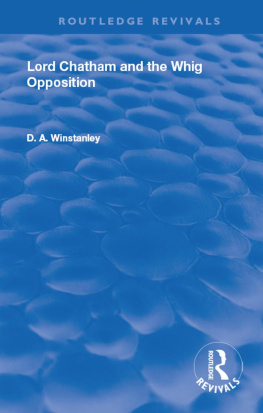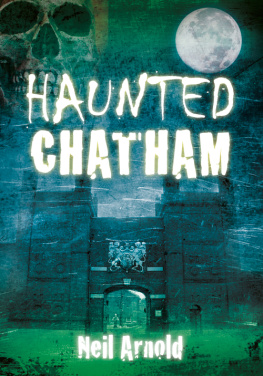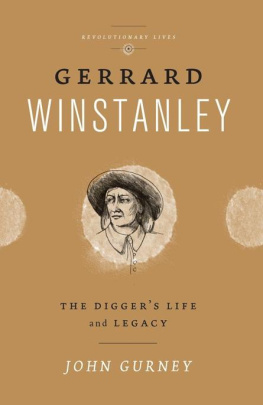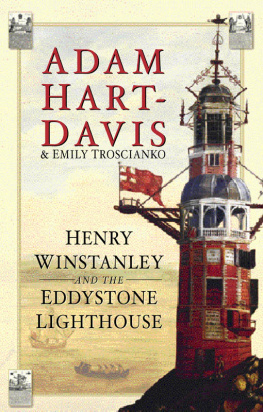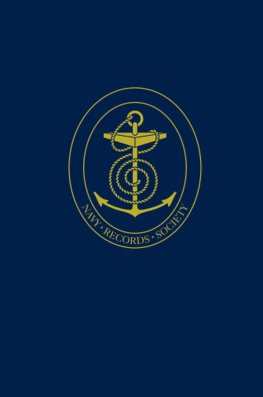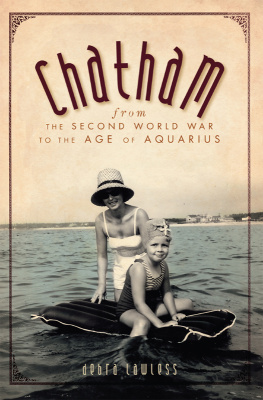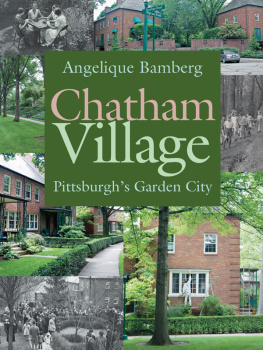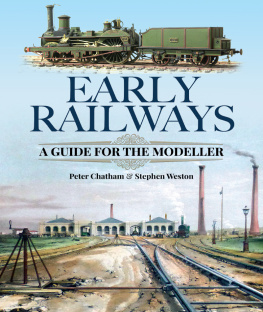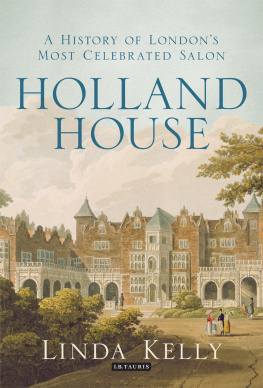Routledge Revivals
Lord Chatham and the Whig Opposition
Lord Chatham and the Whig Opposition
D. A. Winstanley
First published in 1912 by Frank Cass & Co. Ltd. arrangement with Cambridge University Press.
This edition first published in 2018 by Routledge
2 Park Square, Milton Park, Abingdon, Oxon, OX14 4RN
and by Routledge
52 Vanderbilt Avenue, New York, NY 10017, USA
Routledge is an imprint of the Taylor & Francis Group, an informa business
1912 by Taylor & Francis
All rights reserved. No part of this book may be reprinted or reproduced or utilised in any form or by any electronic, mechanical, or other means, now known or hereafter invented, including photocopying and recording, or in any information storage or retrieval system, without permission in writing from the publishers.
Publishers Note
The publisher has gone to great lengths to ensure the quality of this reprint but points out that some imperfections in the original copies may be apparent.
Disclaimer
The publisher has made every effort to trace copyright holders and welcomes correspondence from those they have been unable to contact.
A Library of Congress record exists under ISBN:
ISBN 13: 978-0-367-14129-5 (hbk)
ISBN 13: 978-0-429-03041-3 (ebk)
LORD CHATHAM AND THE WHIG OPPOSITION
From an unfinished picture by Sir Joshua Reynolds at the Fitzwilliam Museum, Cambridge.
LORD CHATHAM
AND THE
WHIG OPPOSITION
D. A. WINSTANLEY
Published by Frank Cass & Co. Ltd.,
10 Woburn Walk, London W.C.1
by arrangement with Cambridge University Press.
First Edition1912
New Impression1966
Printed in Holland by
N. V. Grafische Industrie Haarlem
AN apology, or at least a defence, is perhaps necessary for a work dealing with the struggle between the whig factions and the crown during a very limited period of George III.s reign; for the party politics of a bygone age, however great their interest for contemporaries, are apt to be somewhat lacking in life and reality for those who, living at a later date, and absorbed in the political controversies of their own day, are disposed to be somewhat impatient of the details of a conflict long since brought to a final conclusion. It is possible that few would deny that the establishment of the personal influence of the crown by George III. had vital consequences in English history; but there are probably many who would feel that a close analysis of the means adopted by that king to attain his end, of the circumstances which favoured or retarded his progress, was perhaps unnecessary, and most certainly tedious. It can hardly be hoped that the following pages will provide a refutation of either of these charges; but the responsibility for the failure rests upon the workman and not upon his material. Many are the accusations which can be brought against the period which lies between the formation of Chathams ministry in July 1766 and the collapse of the whig opposition to Lord North in the summer of 1771; but it can scarcely be accused of lacking in either interest or importance. Within those few years the destinies of the nation were determined and the work of the Revolution nullified. Never before had the opponents of personal government been given such a favourable opportunity to thwart the execution of the royal schemes; and yet they failed hopelessly. It was the king, and not the whigs, who triumphed; and, as Lord Acton has said, about the year 1770 things had been brought back, by indirect means, nearly to the condition which the Revolution had been designed to remedy.1 The consequences which flowed from that royal victory are too well known to need particularisation; and it would be generally allowed that the history of England might have read somewhat differently if Grafton had fallen before the onslaught of the whigs, or if North had failed at the outset of his ministerial career.
A contest so momentous can hardly be without interest; and, therefore, an attempt has been made to give both a record and an explanation of the failure of the whigs. For this purpose it has been necessary to concentrate the attention almost exclusively upon domestic politics, and to omit much well deserving of close consideration. Colonial history and foreign policy have been but very briefly touched upon; and if an exception has been made in the case of the dispute with Spain over the Falkland Islands, this can be justified by the influence which those negotiations exercised upon the parliamentary conflict. Such omissions, however serious they might be in a work claiming to be a history of the period, may perhaps be pardoned in what is more than a study of one particular aspect of the time; and it is to be hoped that if something has been lost in comprehensiveness, something has also been gained in lucidity.
It may not be out of place to say a few words about some of the manuscript authorities that have been used, well known though they are to all students of the period. The Newcastle Papers in the British Museum are, of course, absolutely essential for any understanding of the politics of the early years of George III.s reign; and historians have reason sincerely to lament the dukes death in November, 1768. Though neither an infallible guide, nor free from personal prejudice, Newcastle, from his position as patriarch of the whig party, and from his intimacy with the leading politicians of his time, was the centre of many negotiations and intrigues; and his correspondence reveals not a little of the inner history of the Rockingham party. The Hardwicke Papers, also to be found in the British Museum, though perhaps of less importance for this particular period, certainly cannot be neglected with safety, since they include many valuable reports of parliamentary debates, and much of vital interest. Neither the second Lord Hardwicke, nor his two brothers, Charles and John Yorke, apparently enjoyed the close confidence of the Rockingham whigs; but as politicians, keenly alive to their family interests and to the critical character of the warfare going on before their eyes, they are able to tell us much that we are glad to know. Sufficiently detached to be able to criticise, and sufficiently interested to care to do so, their judgments are often sounder than those of the politicians more actively engaged in the struggle; and as onlookers, who are proverbially reported to see more of the game, their opinions and impressions are deserving of careful study. Moreover, in the same collection are to be found the two accounts of the last days of Charles Yorke, compiled by Lord Hardwicke and Mrs Agneta Yorke; and though these have already been used to very good purpose by Mr Basil Williams for a most interesting paper published in the Transactions of the Royal Historical Society, it has been thought permissible to narrate again a story which must ever appeal to those who realise the tragedy of human life and the vanity of human ambition.
Mention should also be made of the Wilkes Papers in the British Museum, and of the Pitt Papers in the Record Office. As might be expected, the correspondence of Wilkes throws little light upon the designs of the various parties; and his fragment of autobiography is rather a revelation of his private character than of his political activity. The more important of the Pitt Papers have for many years been accessible in the published correspondence of the Earl of Chatham; but it would be a mistake to imagine that what has not been printed is without value. The unpublished papers can be consulted with advantage and profit, and should not be disregarded.




